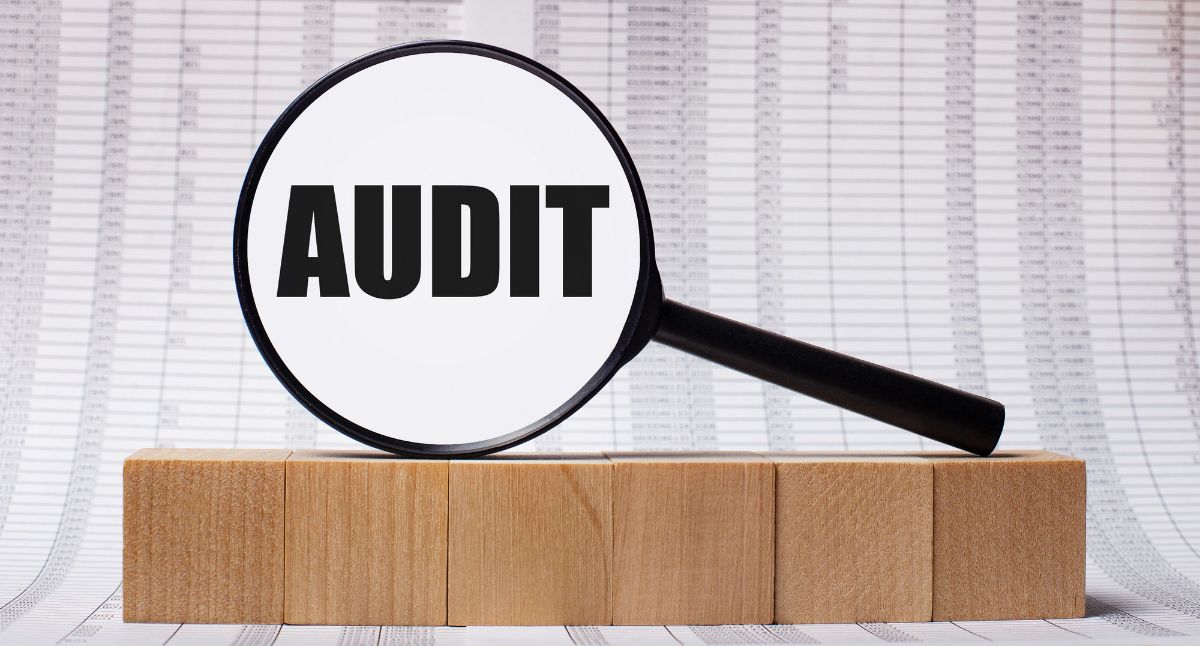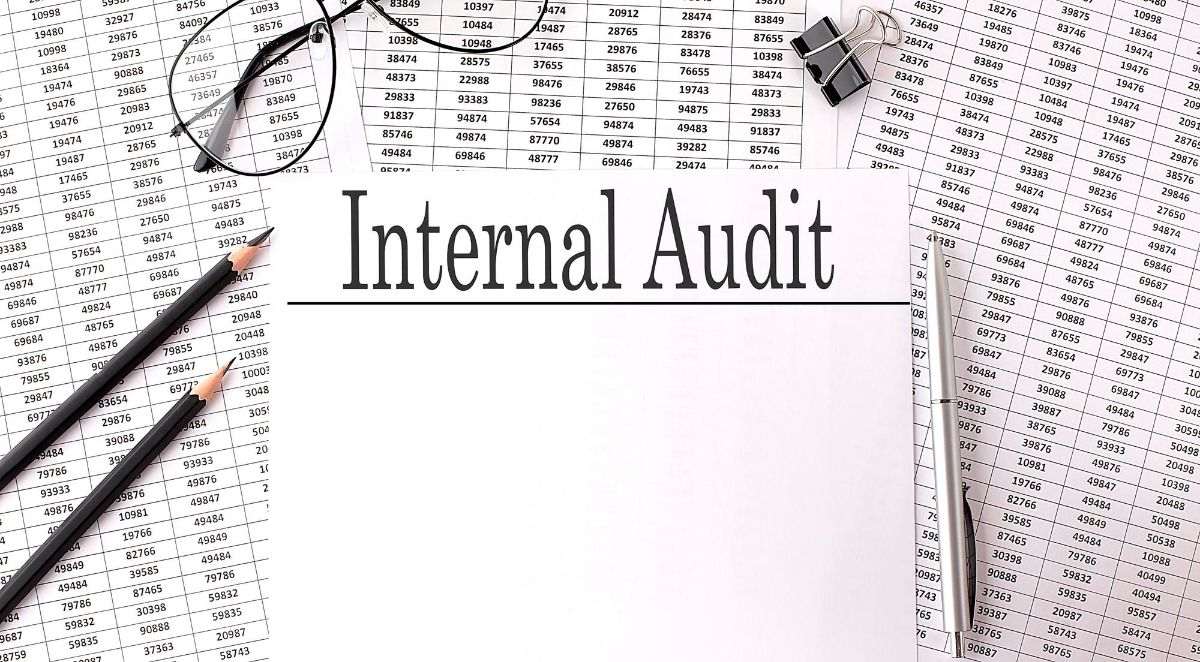Audits are an integral part of the financial world, ensuring transparency, accuracy, and accountability. One of the most commonly heard types of audits is the “statutory audit.” For businesses and stakeholders alike, understanding the ins and outs of this audit is crucial. In this article, we’ll unravel the concept of statutory audit, its process, and share a few real-life examples.
What is a Statutory Audit?
A statutory audit is a legally mandated review of the accuracy of a company’s or entity’s financial statements and records. The primary purpose is to ensure that the financial statements provide a true and fair view of the organization’s financial position, thus safeguarding the interests of the shareholders or stakeholders. The name “statutory” comes from the fact that it is enforced by a statute or law.
Different countries have various laws that determine which entities are required to undergo a statutory audit. For example, in many jurisdictions, public companies are obliged to have their books audited, but private companies may only need an audit if they exceed certain thresholds of revenue, assets, or number of employees. Given these nuances, it’s imperative for your business to collaborate with a trusted auditing firm to ensure compliance and precision.
The Statutory Audit Process
A statutory audit typically involves a systematic sequence of steps to ensure thoroughness and accuracy. Here’s a brief overview of the process:
- Planning: At this stage, the auditors familiarize themselves with the client’s industry, business operations, and potential risk areas. This is crucial for effective and efficient audit execution.
- Internal Control Evaluation: Auditors review the internal controls set up by the company to ensure they are robust and can be relied upon. Weaknesses could mean there’s a higher risk of financial inaccuracies.
- Substantive Testing: This involves detailed testing of the company’s transactions and balances. Auditors validate transactions with source documents, reconcile balances, and perform various analytical procedures.
- Reporting: After completing the audit, the auditors draft a report detailing their findings. The report will state whether the financial statements give a true and fair view of the company’s financial position.
Practical Examples of Statutory Audit
To give you a clearer picture, let’s delve into a few examples:
Example 1: Large Publicly Traded Companies:
A major tech company like Apple, for instance, undergoes annual statutory audits. These audits are comprehensive and cover various business segments and geographical regions. Once the audit is completed, the auditors provide their opinion, which is then shared with the public and regulatory bodies.
Example 2: Local Banks
In many jurisdictions, even local or regional banks are required to have their books audited. This is crucial because financial integrity in the banking sector underpins trust in the entire economic system. Furthermore, consistent auditing practices ensure that banks adhere to regulatory standards, protecting both investors and the general public.
Example 3: Non-Profit Organizations
Depending on the jurisdiction, even non-profit organizations might be required to undergo statutory audits, especially if they receive funds from public or government sources. This ensures that funds are used for the intended purposes and that there’s no mismanagement. Additionally, such transparency measures can boost donor confidence, fostering more generous contributions in the future.
Example 4: Government Bodies
In some countries, government agencies or departments also undergo statutory audits to ensure accountability to the taxpayers. These audits serve as a check against wasteful spending or potential bureaucratic inefficiencies. Moreover, they promote transparency and diligence in the administration of public funds, reinforcing the principles of good governance.
Strategic Insights and Smart Solutions with JRB Chartered Accountants
A statutory audit serves as an essential checkpoint for organizations, ensuring they uphold the highest standards of financial integrity. For stakeholders, such audits provide assurance and trust in the organization’s financial health. By understanding its meaning, process, and real-world applications, one can better appreciate the importance and role of statutory audits in the financial ecosystem. If you’re seeking expert guidance and professional handling of your organization’s audits, JRB Chartered Accountants is here to help. Reach out to us today and ensure your financial processes are in the best possible hands!
Recent Blogs
-

The Comprehensive Guide to Statutory Audits: From Basics to Practical Examples
-

Types of Audits: What Every Business Owner Should Know
-

Who Uses External Audits and Why? Insights for Business Owners
-

The Five Key Elements of an External Audit Process
-

Internal Audit vs. External Audit: Which is More Effective for Your Business?
-

The Importance and Purpose of External Audits in Business
-

Guidance on Economic Substance Reporting
-

Environmental, Social, and Governance (ESG)
-

Economic Substance Regulations (ESR)
-

Corporate Tax in UAE
-

Auditing in Dubai, UAE
-

Accounting in Dubai, UAE
Contact us to know more
Contact Us- Audit & Assurance Services
- Tax Services
- Accounting & Outsourcing
- Risk Advisory
- Compliance Services
- Corporate Advisory
- Technology Consulting
- Business Services

